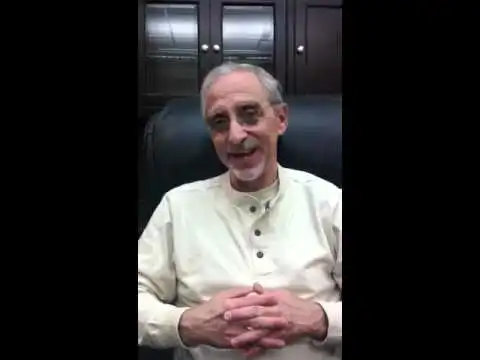Government Union Bosses Target Nevada’s Beleaguered Private Sector

Unions push a new tax on Nevadans – Las Vegas Review-Journal

Teacher union bigwig Gary Peck is leading the charge for an initiative that would foist a new $800 million-a-year tax burden on Nevada's already-battered businesses.
Government union bosses wield a lot of clout in Right to Work Nevada. In 2011, according to an analysis by labor economists Barry Hirsch and David Macpherson, 47.1% of public employees in the Silver State were subject to union monopoly bargaining in the workplace. Public-sector unionization in Nevada is roughly four times as high as private-sector unionization.
The share of public employees in Nevada who are under union monopoly control is significantly higher than the national average and higher even than in a number of forced-unionism states.
What do Nevada’s Big Labor bosses do with all that power? They exploit it to block cost-saving and productivity-enhancing reforms that private-sector employers and employees across the nation have cooperatively adopted to ensure their businesses’ profitability and growth. As a consequence, the cost of government compensation in Nevada has for many years consumed a higher and higher share of private-sector employees’ earnings. The trend has remained the same in good times and bad times alike.
From 2000 to 2007, for example, when Nevada’s economy was booming, private-sector, nonfarm employer outlays for employee compensation (including wages, salaries, benefits and bonuses) grew by a hefty 38.2%, according to inflation-adjusted U.S. Commerce Department data. But taxpayers’ real outlays for compensation of Nevada’s state and local government employees grew by an even heftier 41.6%.
The really startling contrast is what happened after the state economy got hammered by the collapse in real estate prices starting in late 2007. From 2007 to 2011, real nonfarm private-sector compensation in Nevada fell by 18.6%. Meanwhile, inflation adjusted government compensation declined by just 5.5% — or less than a third as much.
Both standard economic analysis and common sense indicate that trend was unsustainable — and indeed very recently the Silver State’s private sector appears to have recouped a small portion of the ground it lost relative to the government sector over the past decade.
But Big Labor is outraged by the possibility that the private business compensation could ever grow, anywhere, for any period of time, faster than government compensation. Union bosses know the growth of government at the private economy’s expense is the surest means for them to increase their wealth and political clout. They show no sign of being concerned that anemic business growth will cut into their income over the long run.
That’s why it’s not surprising that top bosses of the Nevada State Education Association (NSEA/NEA) teacher union are now heavily promoting a new tax hike initiative that would reportedly add $800 million per year to the tax burden of already battered Nevada businesses. (See the Las Vegas Reivew Journal editorial linked above for more information.)
Big Labor propagandists claim current tax revenues are insufficient to meet the needs of public schools, but ignore the fact that the union monopoly-bargaining process mandated by current state law makes it virtually impossible for schools to spend whatever revenues they have effectively. For example, as the Review Journal editorial notes, Nevada teacher union officials have actually insisted in recent contract negotiations that the jobs of young teachers be cut so teachers with more seniority could collect pay raises.
Despite the real estate market-related turmoil its economy has experienced, Nevada retains the potential to resume its long-term rapid economic growth over the next few years. But to get back on track the state needs to roll back government unions’ monopolistic special privileges — and refrain from foisting new burdens on private-sector employers and employees.

